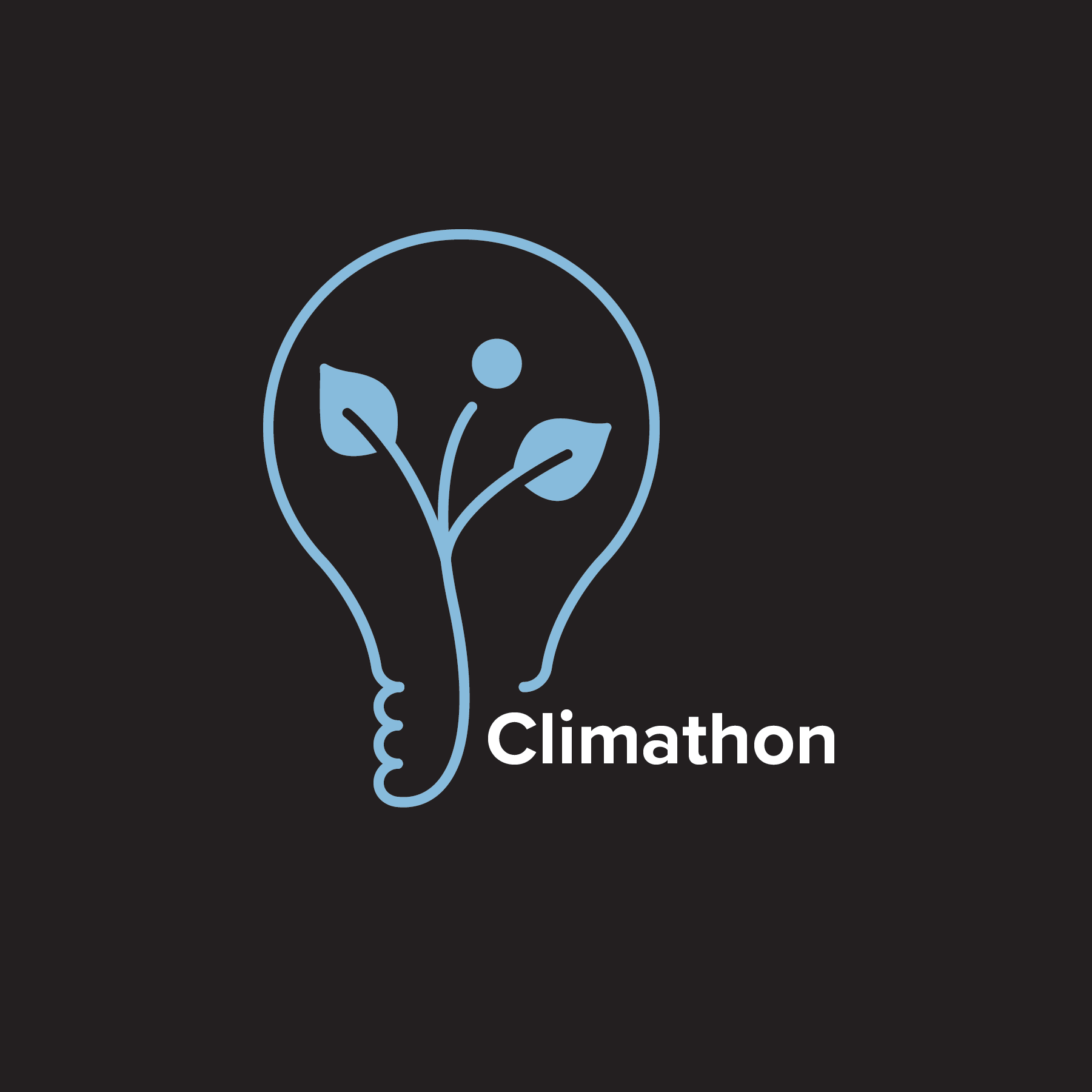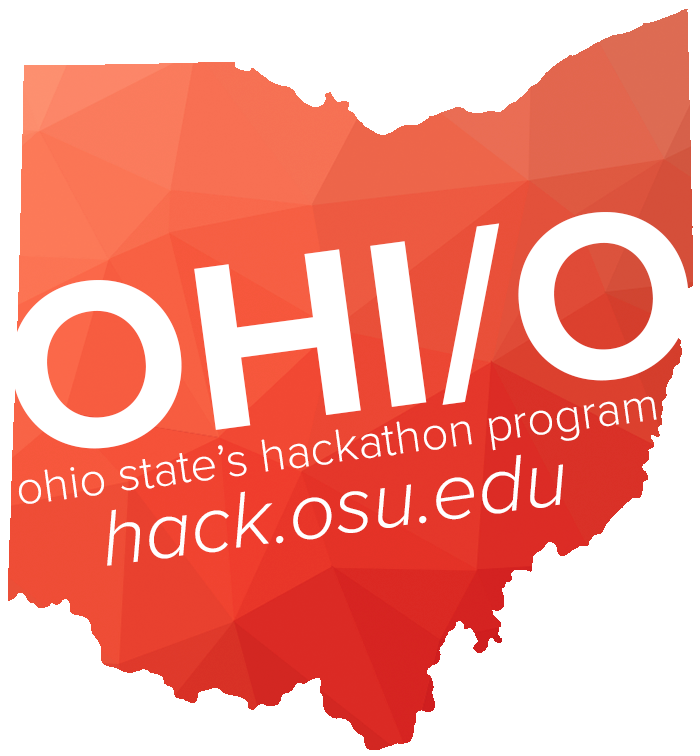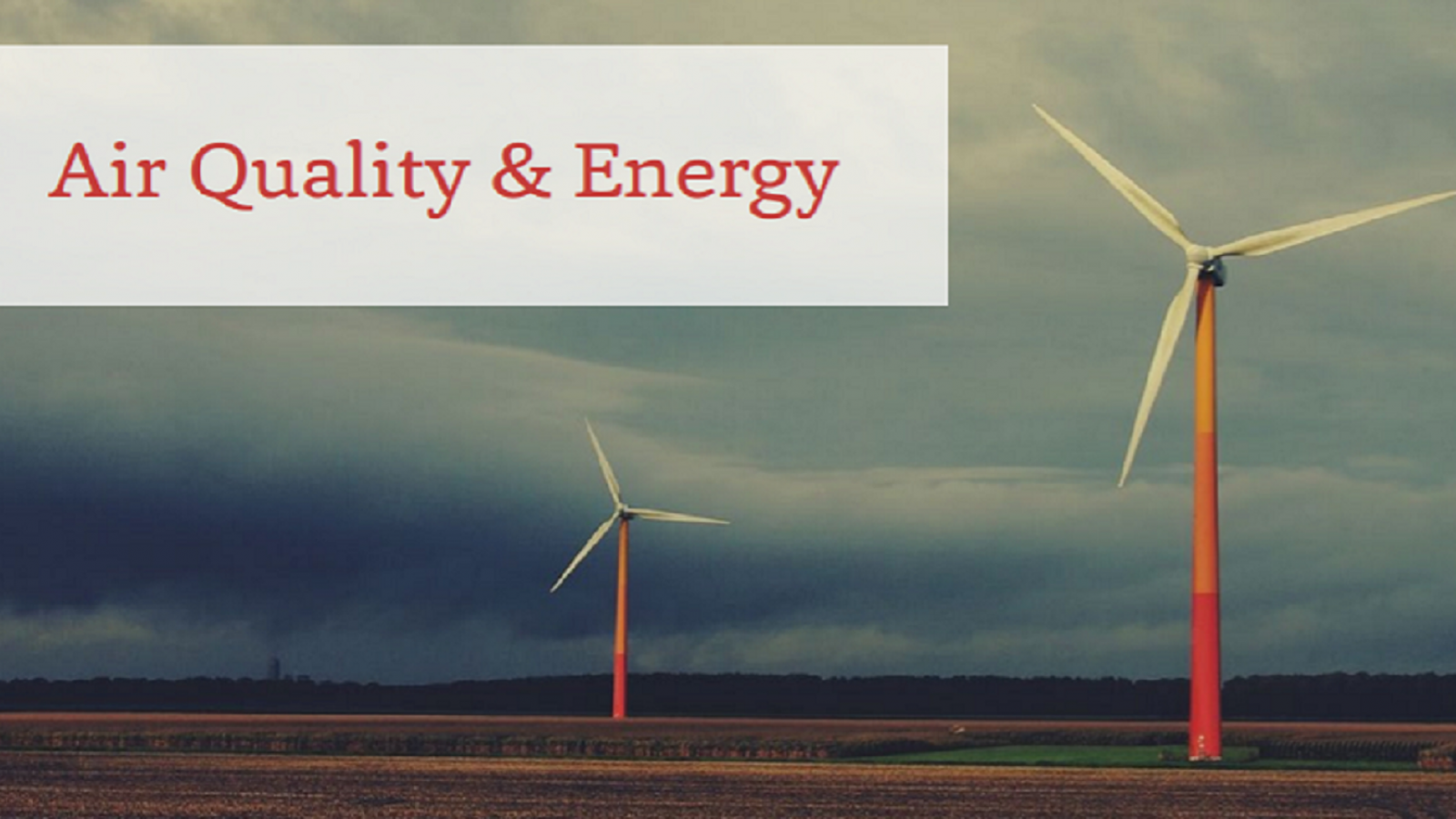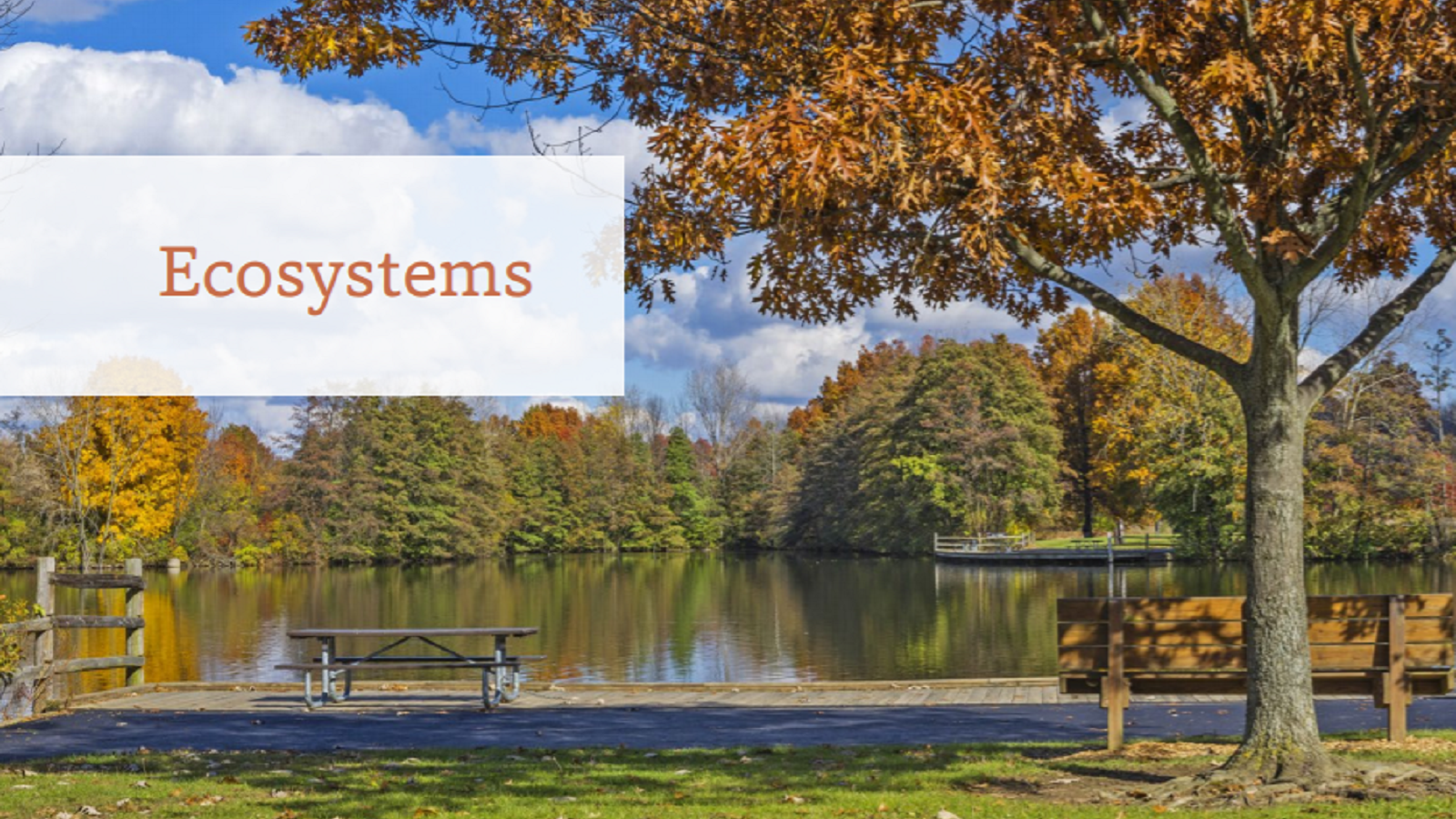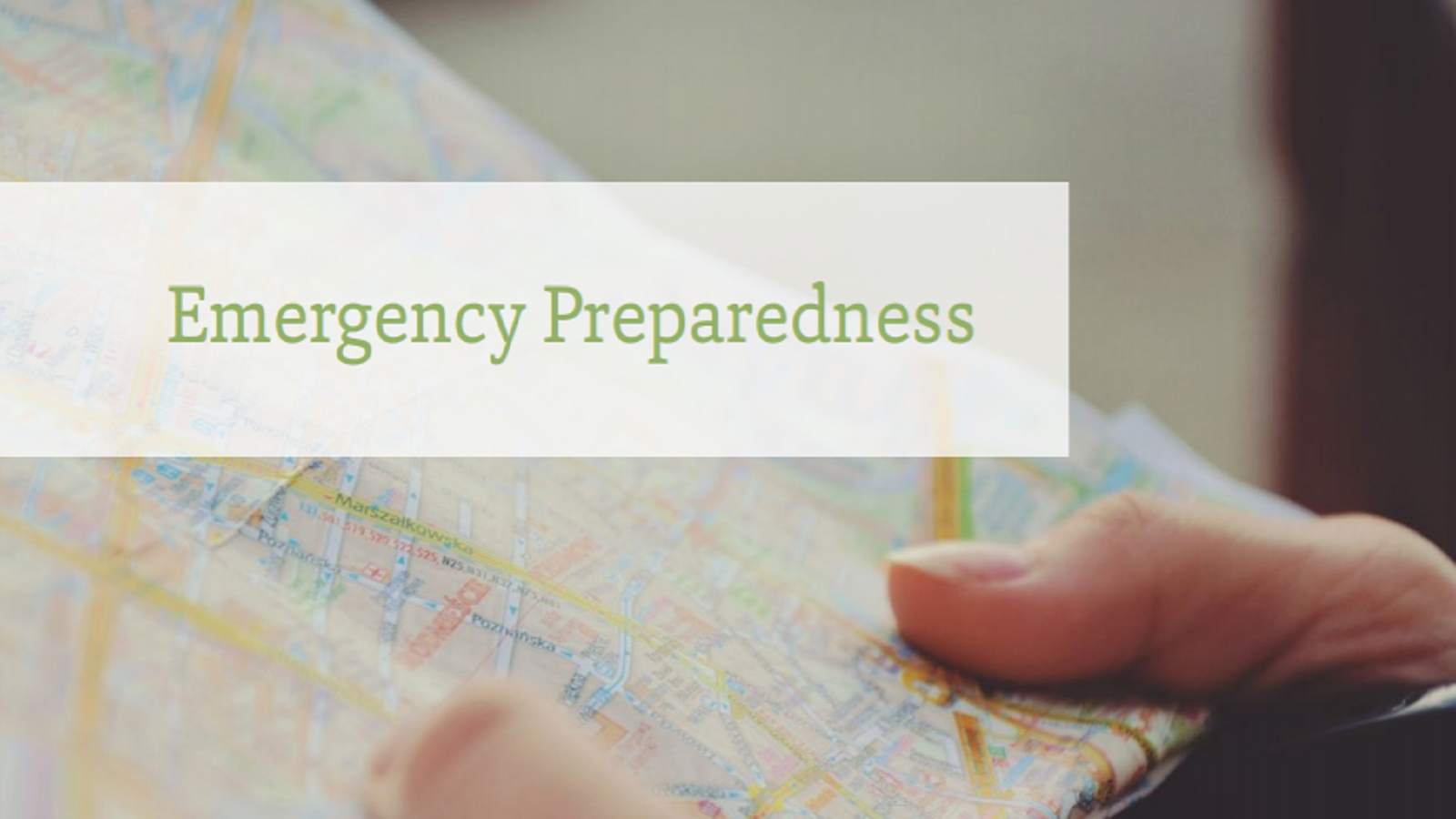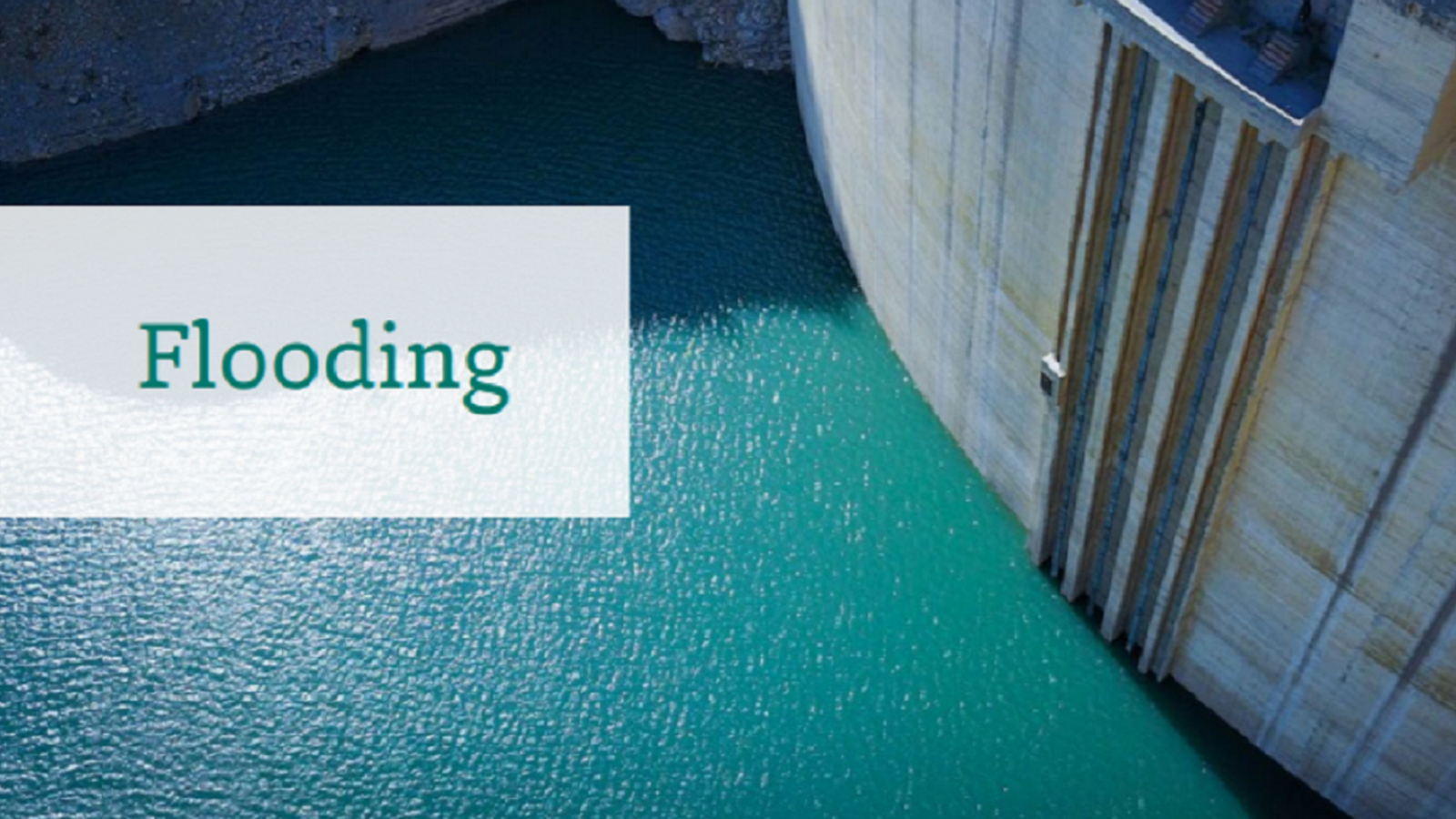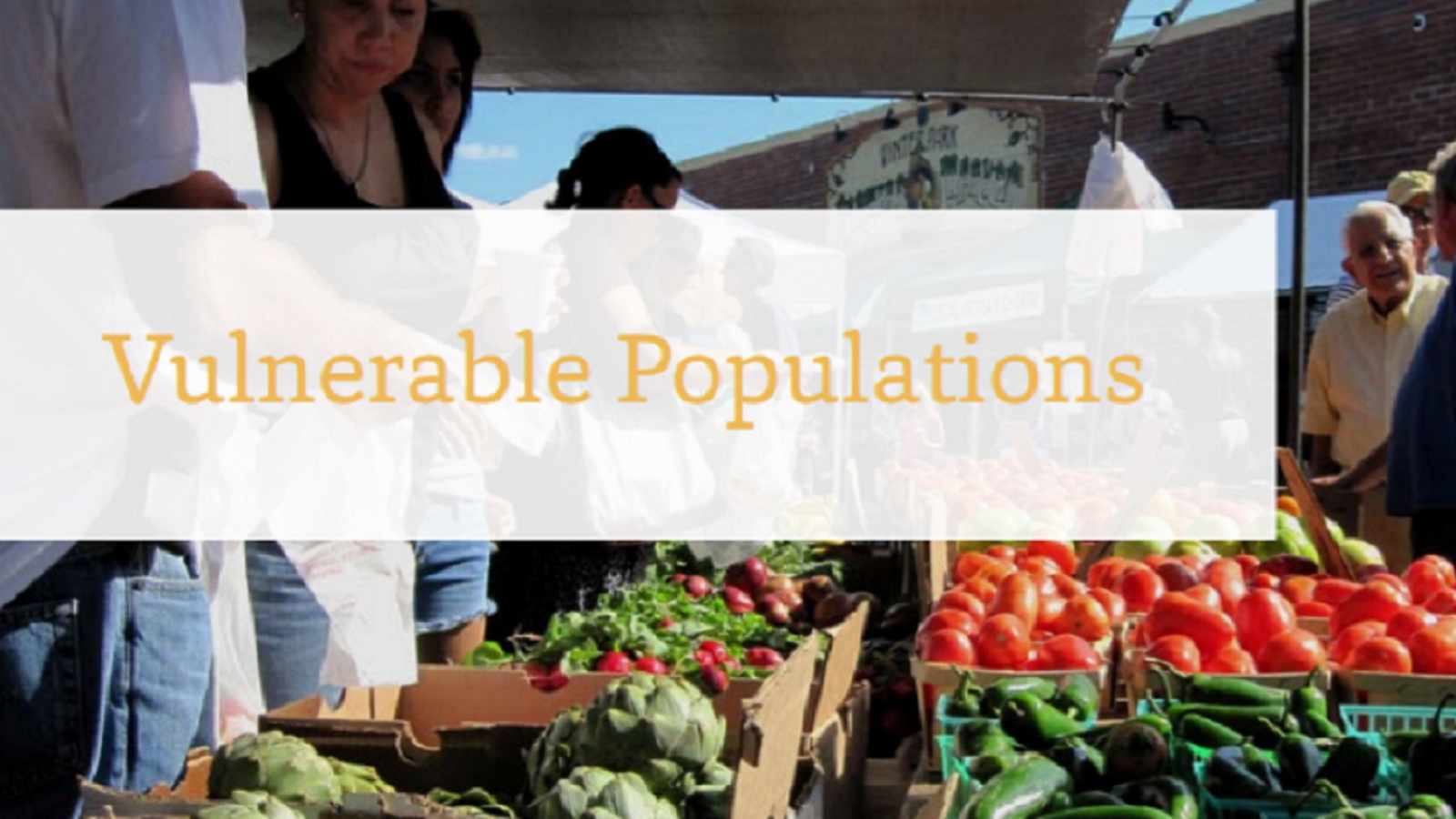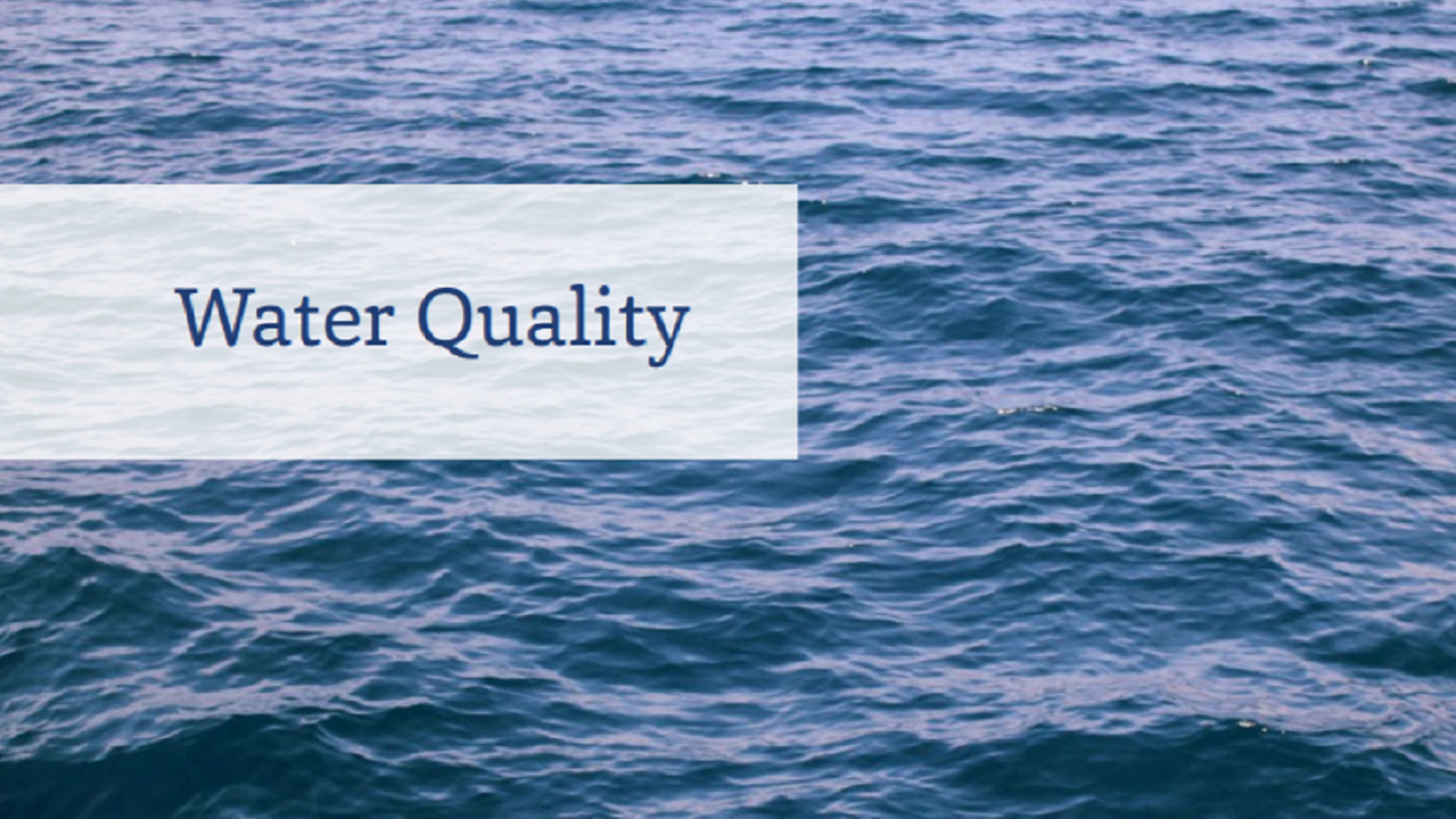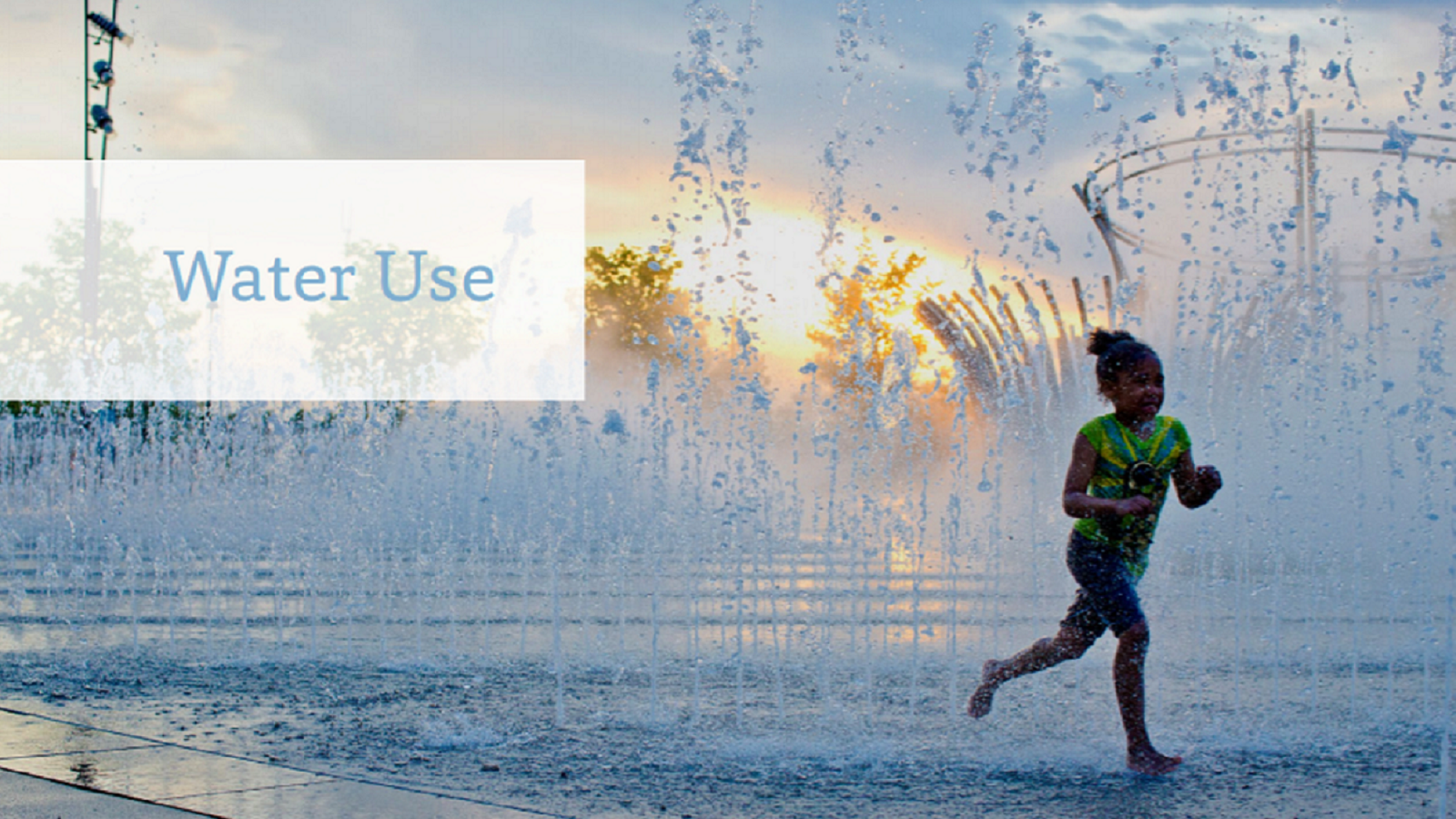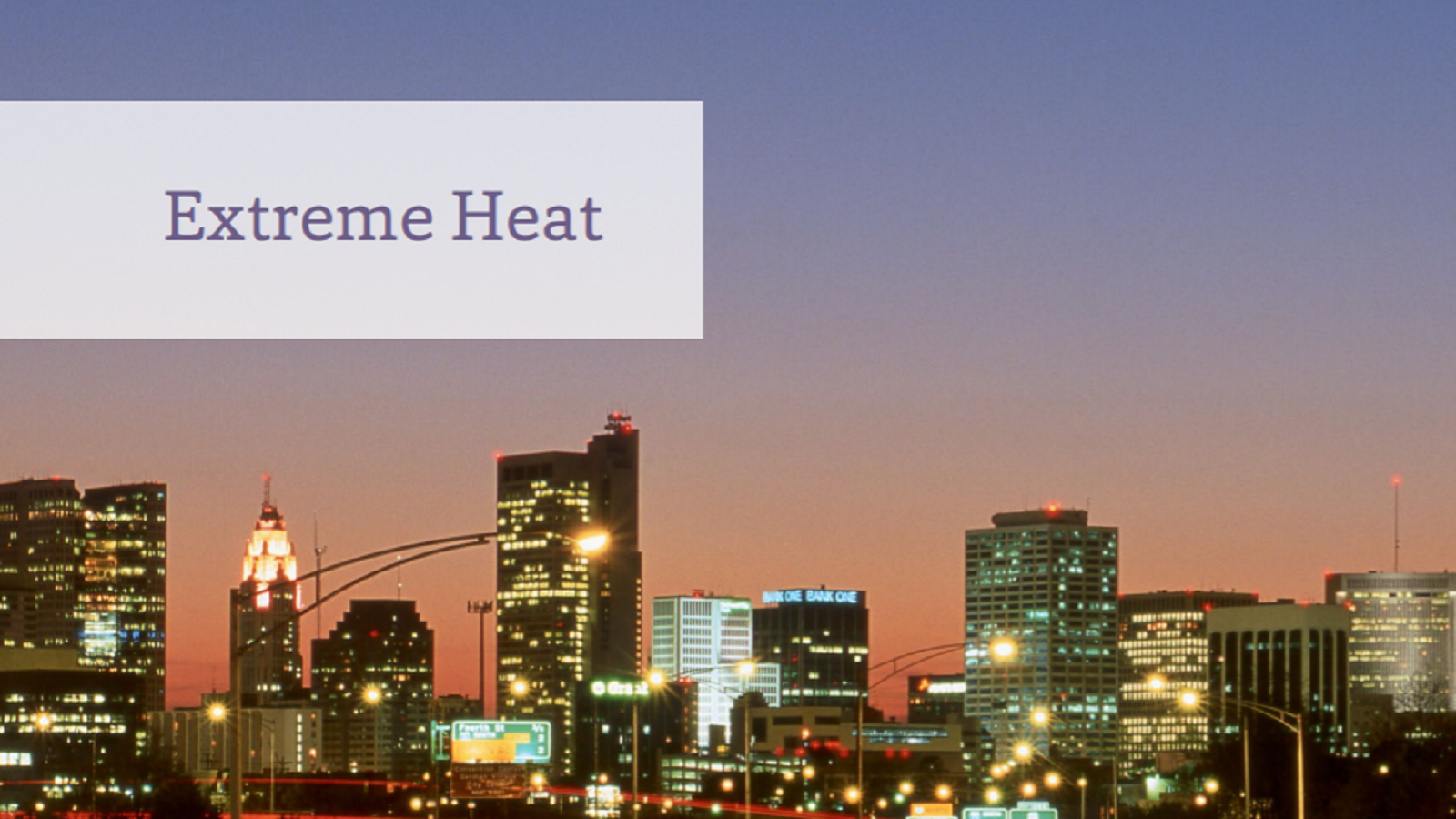Climathon
Climate change is impacting all parts of our globe, including Central Ohio. But, there is so much we can do now to adjust the trajectory we are on, by both reducing our greenhouse gas emissions and protecting our communities against current and future challenges. In the process, we have opportunities to improve the quality of life for ourselves, our friends, our family, and future generations. This is exciting and important work that demands involvement by creative and dedicated individuals throughout the community. By putting our talents together, we can make great things happen!
Unfortunately, we will be pausing our Climathon event in 2024. However, doing so will allow us to focus and re-envision the event to align with the new Climate Change Fundamentals Certificate Program hosted by the Department of Geography and School of Earth Sciences. Please stay tuned to this page for news and updates on this development or reach out to Geddy Davis (davis.5694@osu.edu) for questions.
About
Climathon is an event modeled after hackathons hosted by the computer coding community. The Climathon is typically held during the Spring semester, both in-person and virtually through Discord, with teams solving one of three challenges. Each challenge is specifically designed to make Central Ohio more resilient to climate change and developed in collaboration with community partners.
You can assemble your own team before registering or be matched with students during the event’s first hour. Advisors, with different areas of expertise, will be available throughout the weekend to answer questions and serve as sounding boards. Teams will create a final pitch showcasing their work which will be reviewed by a group of judges.
Unfortunately, we will be pausing our Climathon event in 2024. However, doing so will allow us to focus and re-envision the event to align with the new Climate Change Fundamentals Certificate Program hosted by the Department of Geography and School of Earth Sciences.
In the meantime, we are focused on both adapting to this certificate program AND supporting the following Human Service & Climate Researcher Community Conversation, due to take place on Tuesday, January 30, 2024 at the STEAM Factory in Franklinton. The event is being co-organized by the Human Service Chamber of Franklin County and aims to join graduate students and practitioners from the human services, public health, and medical communities with climate researchers to stoke new collaborations and potentially open new avenues for the program. To RSVP, click here: https://go.osu.edu/hscrc
Thank you to everyone who joined us for Climathon '23! We will update this page with more details as they emerge. In the meantime, please join us for other events at the Byrd Center or checkout last year's Inaugural Climathon webpage to learn more about the event and see last year's showcase.
COVID-19 Considerations
In-person meeting space will be available in Scott Hall for those who wish to use it during the event. There will also be a virtual meeting space for those who wish to participate virtually.
Contact
For questions, please contact Geddy Davis at davis.5694@osu.edu.
2023 Challenges:
Background
According to Project Drawdown, reducing food waste and eating more plant-rich diets are two of the most impactful actions that can be taken to reduce carbon emissions. Likewise, our modern food system in the United States depends on transportation of food items long distances, dependance on fertilizers made from fossil fuels, and food waste that may decay to form methane. All three of these items contribute to greenhouse gas emissions and climate change.
Challenge
Create a “climate cookbook” with 7 days (3 meals/day) of recipes that can feed a family of 4 (~2,000 daily calories/person) that has a low carbon footprint, is low waste, and is nutritious on a budget of $250/week. In the cookbook, estimate the carbon footprint (with considerations for supply chain) and include nutrition information (using commonly accepted practices). Feel free to include regional favorite recipes or lean on inspiration from other parts of the globe!
2023 Winners
Alex Herridge
Background
According to the Columbus Climate Adaptation Plan, increasing temperatures will likely lead to deteriorated air quality in Columbus. Likewise, the Central Ohio population is anticipated to add between 500,000 and 1 million new residents by mid-century. More people are likely to be exposed to ground-level ozone (smog) and small liquid droplets or solids (particulate matter) that are harmful to their health. While the federal Clean Air Act combined with local efforts have significantly improved air quality in Central Ohio, climate change and population increase threaten to set back some of this progress.
People most sensitive to the health effects of ground-level ozone and PM are individuals with heart or lung disease, children and the elderly, and individuals that are often active outdoors or required to keep windows open. While low-cost, high-fidelity air quality sensors for a variety of pollutants have become more readily available, real-time knowledge of poor air quality conditions is not always accessible to all members of the community, including those individuals who may be most at risk.
Challenge
Using an air quality dataset from the Mid-Ohio Regional Planning Commission that was recorded using PurpleAir sensors deployed in Central Ohio, create an innovative way to communicate real-time air quality conditions, alerts, impacts, and context to inform behavior. Options can include, but are not limited to signage, kiosks, alert signals, and dashboards. Teams should articulate their intended audience(s). Solutions proposed may integrate with existing products from MORPC and are and are encouraged to include health information/thresholds provided by the CDC, NIH, or another trusted resource. Consider how local hospitals and city/county departments of public health could help distribute the message to those in need, and how the air quality trends you find are created.
2023 Winners
Matt Schmidt, Balaji Kurapati
2023 Runners-Up
Reid Samson, William Mosher, Swati Mishra, Jessie Sampson
Resources
PurpleAir Live Map
Air Quality Data Files for Visualization
Background
Modern consumer culture instills the notion that to be considered popular or successful, one must have trendy or excessive material possessions. Examples abound, including transportation with high person mile traveled emissions (sport cars and SUVs with single occupants, personal jets, etc.), homes and workspaces that are oversized for their need, and a litany of single-use/low-durability/unrepairable items. Online purchasing platforms make purchases and delivery easier than ever, often short-circuiting the delay and reflection that help consumers determine if a purchase is necessary. According to the National Retail Federation, 21% of online orders in America (worth some $218bn) were returned in 2021. The rate is higher for clothing and shoes. Many of these items cannot be readily restocked for resale.
Challenge
Develop a piece of art that challenges modern consumer culture. Any medium may be employed. Consideration should be given to life cycles and carbon footprints of the materials employed in the piece if using physical mediums.
2023 Winners
Graci Jackson, Addie White, Madeline Frank, Madison Blue, Jaylyn Fogle
2023 Runners-Up
Annabel Shim, Sammy Stitt, Chris Cook, Nina Nebesh, Debbie Hodson
